Eureka Project – Casting
This post describes the bronze casting activities for the Lemmy Miyauchi figure.
The next step in the lost wax casting process, after the wax models are created, prepares the model to be encased in investment or silica plaster. Sprues or wax connectors are attached to the wax model. The sprues form channels for the molten metal to flow into the model. The sprued model is set into the rubber base of a cylindrical flask that will be filled with investment slurry.
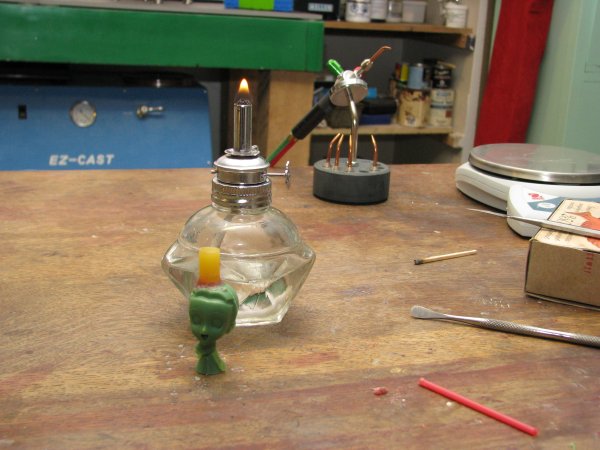 Sprue Attachment
Sprue Attachment
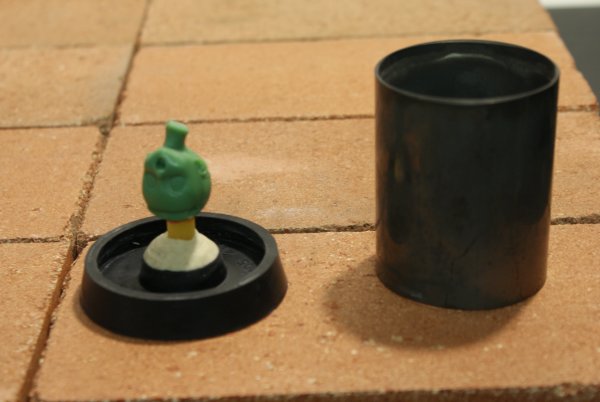 Wax Model
Wax Model
The investment powder is mixed with water in a specific ratio. The mixed slurry is poured into the flask and hardens. Once hardened the flask is heated and the wax is melted to eliminate it from the flask.
 Mixing Investment
Mixing Investment
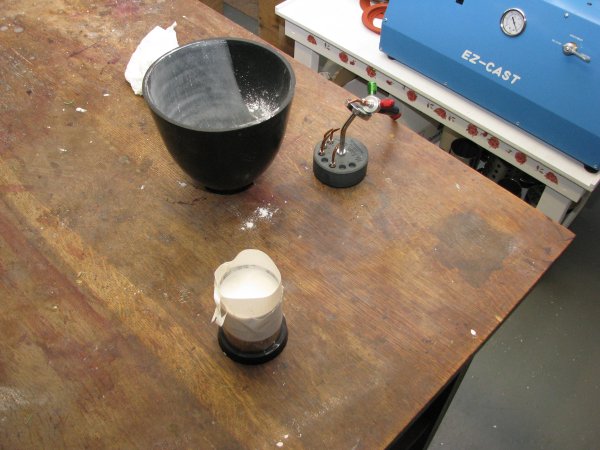 Invested Flask
Invested Flask
The first step in the burnout process is to eliminate the wax from the flask. The flask is heated to 150 degrees C to melt the wax.
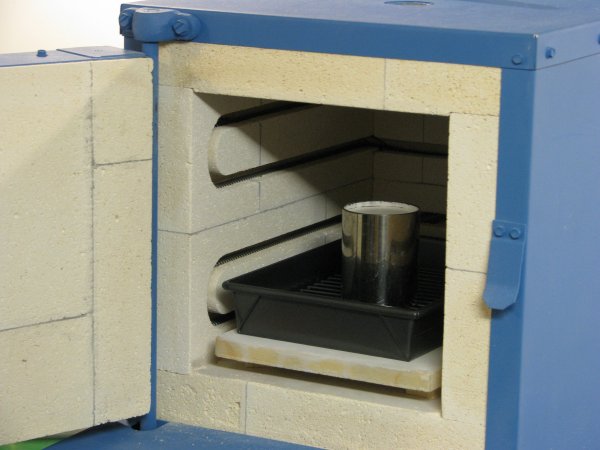 Wax Elimination
Wax Elimination
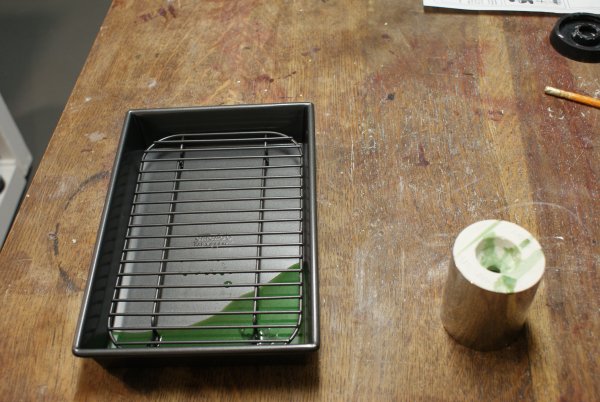 Wax Elimination
Wax Elimination
The flask is then slowly heated to 730 degrees C to harden the investment. This temperature burns and vapourizes any residual organic material in the flask. The flask temperature is then reduced to about 480 degrees C for casting bronze. Hardened investment is somewhat porous to air. The air can escape as molten metal fills the cavity left by the wax model.
The casting process begins by verifying the metal is melted, placing a hot flask on the vacuum casting unit and applying a vacuum, then pouring the hot metal into the flask.
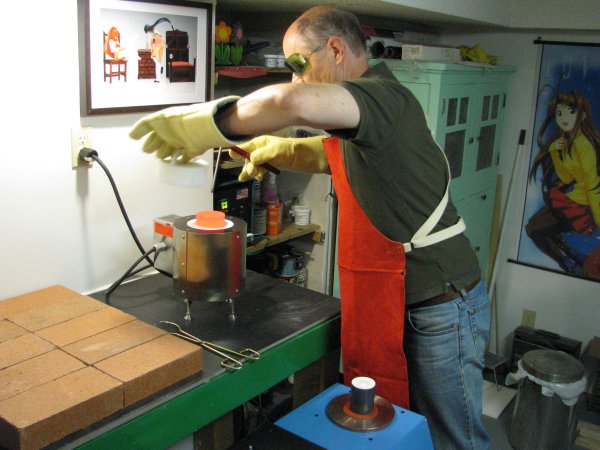 Preparing to Cast
Preparing to Cast
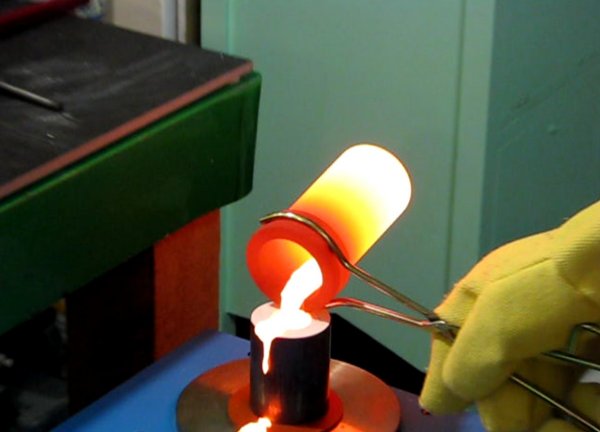 Pouring Bronze
Pouring Bronze
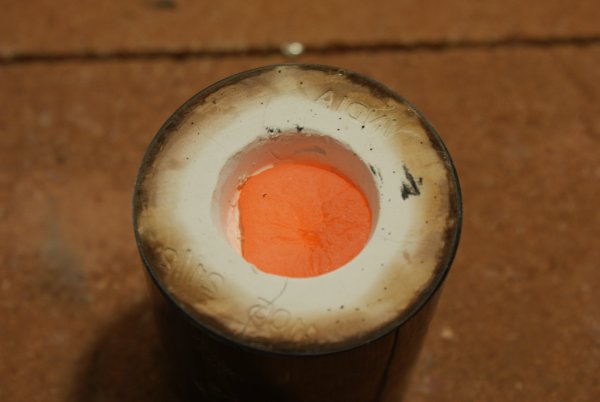 Hot Button
Hot Button
When the casting cools sufficiently as to no longer glow it can be quenched in a pail of water. This serves to cool the hot metal and break up the investment plaster. The casting can now be retrieved and cleaned and polished.
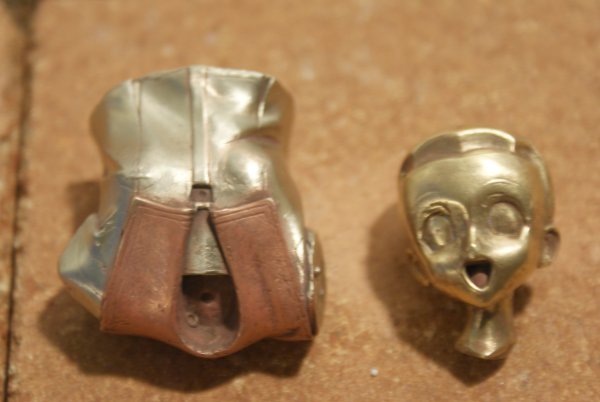 Cast Bronze
Cast Bronze
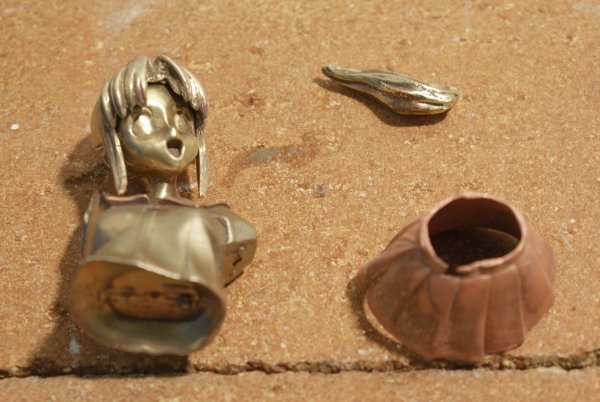 Cast Bronze
Cast Bronze

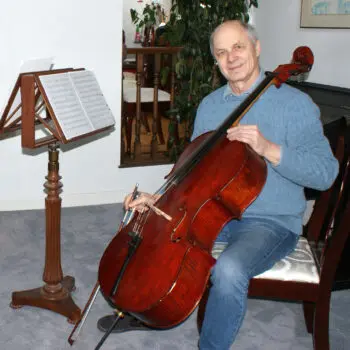
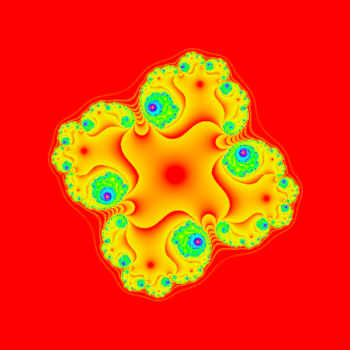
No comments yet.